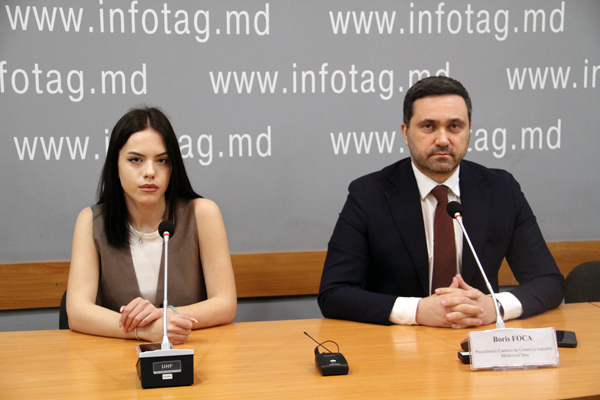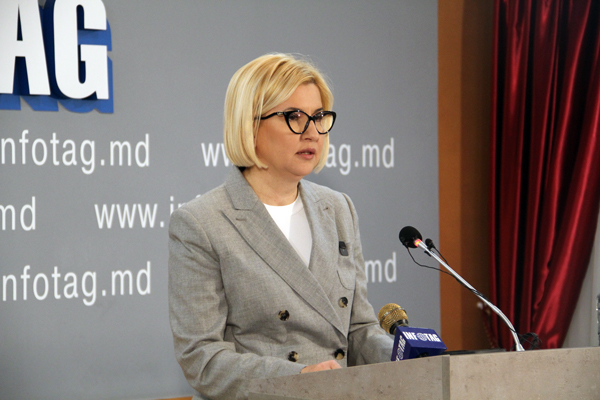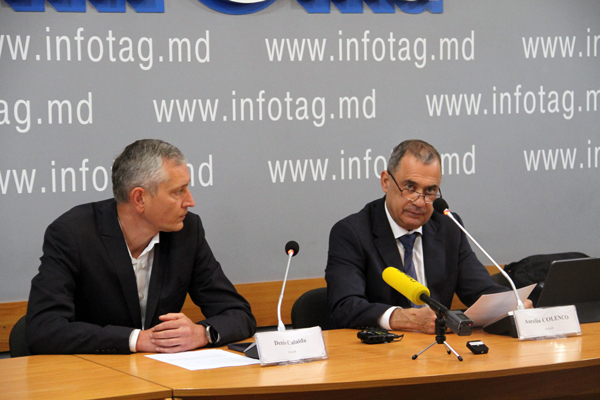Economics
APPREHENSIONS THAT EU GOODS MAY FLOOD MOLDOVAN MARKET AFTER DCFTA SIGNING DID NOT COME TRUE – ECONOMY MINISTRY

Fears that after Moldova signs the Deep and Comprehensive Free Trade Agreement, the country will be flooded with European goods failed to be fulfilled, said Head of the Economy Ministry Department for International Economic Development Inga Ionesii at the Thursday’s press conference.
Talking about the DCFTA implementation, she said that the basic issues in the 2016 agenda are: introduction of EU directives in the national legislation in 27 branches and trade agreements, as well as getting the permit to export animal products to the European market.
The Ministry’s trade policy priorities include also: ratifying of the free trade agreement with Turkey, negotiations about signing agreements for promoting and mutual protection of investments with a number of countries, including Japan. Besides, negotiations on free trade agreements with Egypt, Indonesia, Iran, Syria are in the offing.
As for results of the first year of DCFTA implementation, she agreed that achievements are not so great. According to her, the implementation of reforms in 2015 was hindered by the political instability, change of governments, banking sector crisis, problems in the neighboring Ukraine and Russia.
“I hope that in 100 days, the new Government will manage to make up for lost time”, Ionesii said.
According to her, out of 300 measures, provided in the National Action Plan for DCFTA implementation, 168 have already been fulfilled, which is 56%. The European directives were fulfilled by 20% and 60% of European standards, provided in the document, have been implemented.
The specialist pointed at the fact that the share of Moldovan exports to the EU in the total volume of foreign trade went up to 62.1% from 53.3%, while the import from the EU to Moldova even lowered.
As for the quotas on supplying goods to the EU, she said that these have not been mastered in full. In particular the quota on grapes was fulfilled by 78%, plums – by 61.5%, while apples – only 2%. At the same time, quotas on wheat have been fulfilled by 238%, corn – by 125%, barley – 111%. The main consumers of Moldovan goods in the EU are: Romania, Italy, Great Britain, Germany, France, Poland. While the major importers to Moldova are: Romania, Germany, Italy and Poland.
Ionesii acknowledged that with each passing year Moldova will lower the import duties on goods from the EU, which may influence revenues to budget. However, she expressed hope that the government will manage to find other source of revenues.
























Add Comment